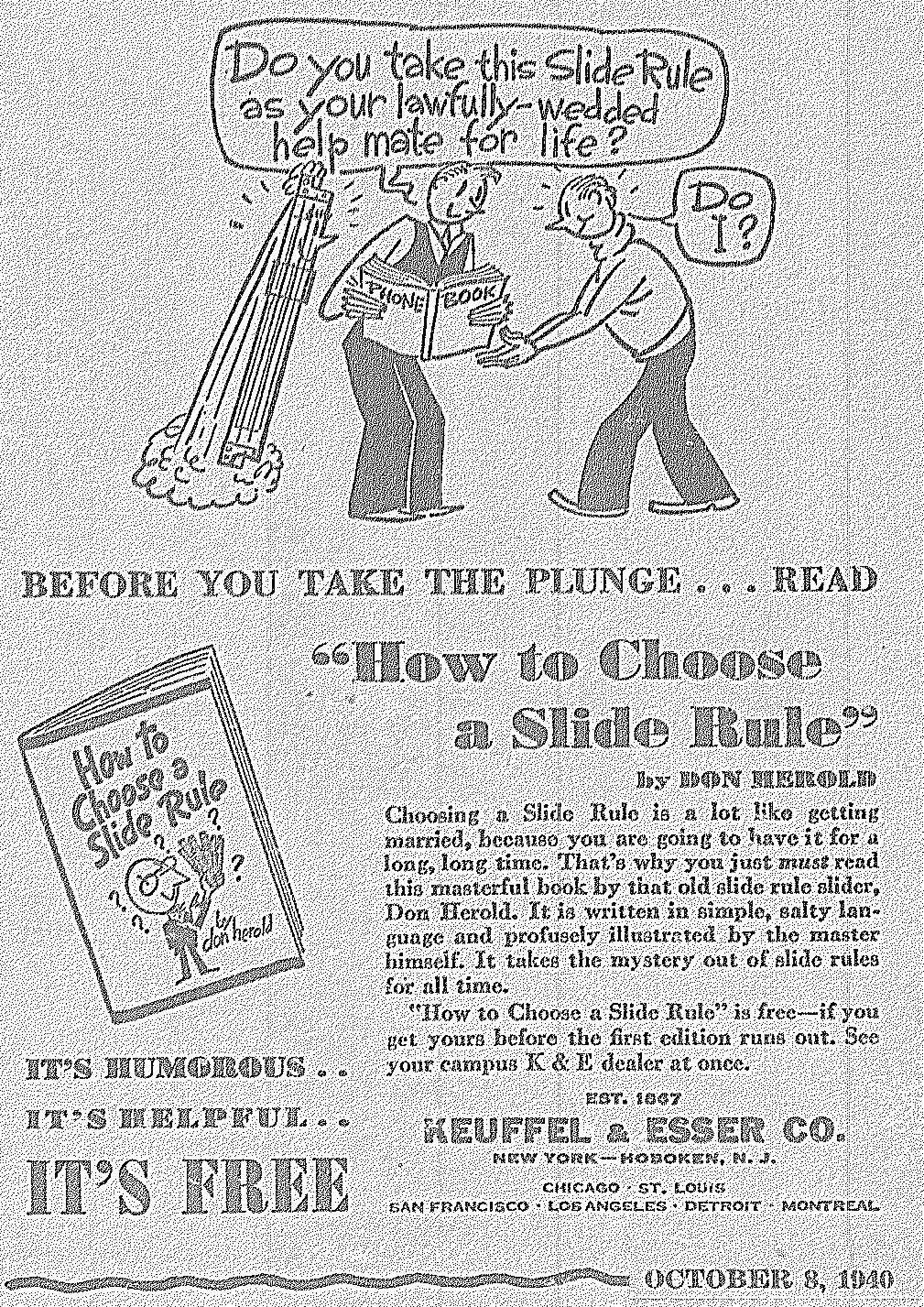Global English, Political Speech, and Public Humanities
One of my great pleasures over the course of this semester was being able to introduce undergraduates in my Filming the Past class to the amazing work of graduates in the Humanities Department’s Technical Communication program within the Program in Technology and the Humanities. My class not only teaches students through the medium of oral history and documentary film, but asks them to actively engage the public by creating in these mediums and sharing the products of their intellectual development. In that spirit, I’d like to highlight two “podcast-style” interviews students did with young faculty in the Illinois Institute of Technology’s Humanities Department.
One group of students interviewed recent Ph.D. and current Visiting Assistant Professor, Halcyon Lawrence, who works on speech intelligibility. Specifically, Prof. Lawrence asks the question: why do so many of our new, convenience-enabling technologies make life harder for the majority of English speakers? Speech recognition systems deployed worldwide, from Siri to your credit card’s voice prompts, are modeled on, and take for granted, American English or British accents as “standard English”–despite the fact that most English speakers today do not learn English in America or the UK. As English becomes our economic and technological “lingua franca,” how can we solve problems of speech intelligibility that are increasingly becoming embedded in our global technological infrastructure? Prof. Lawrence’s work offers a window into this fascinating problem and potential solutions:
Direct link to interview
Graduate Student Andrew Roback focuses on a different kind of speech: political speech on twitter. In particular, he asks, how do organizations wield 140 characters and what do they expect to get out of social networking? Though much lauded in the popular press for being a political game changer (cf. the conversations about Twitter in the “Arab Spring”), what exactly do we know about political influence on Twitter and about who has control and who doesn’t?
Direct link to interview



